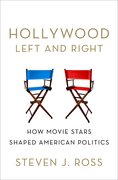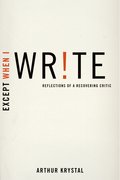Martin Luther King, Jr., Rhetorically Speaking
Each year on the third Monday of January, we’re reminded of the practice of civil disobedience, of overcoming (and sometimes succumbing to) overwhelming adversities over which we have but marginal control, and of the power that language has to effect change in the world.











